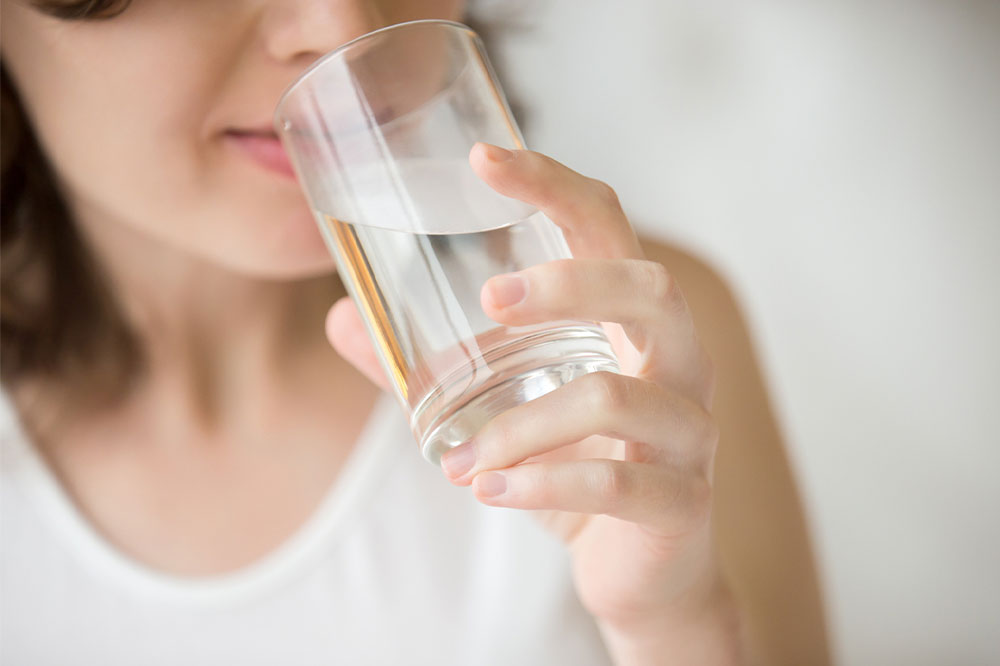10 common hydration mistakes to avoid

Drinking water is crucial for overall health and well-being, but it’s not just about the quantity. How we drink water can also have a substantial impact on our bodies. Unfortunately, many people make mistakes when hydrating, which can significantly disrupt their natural bodily functions. Several factors must be considered when drinking water, from timing and temperature to additives and sources. Here are a few common mistakes to steer clear of.
Not drinking enough water
The human body is made up of about 60% water, so one must drink enough to maintain proper hydration levels. The general recommendation is at least eight glasses daily, but this number can vary depending on age, gender, and activity level.
Drinking too much water
Drinking water excessively can lead to hyponatremia, a condition where the body’s sodium levels become diluted. This can cause symptoms like nausea, headaches, and confusion. So, finding a balance and drinking the correct amount is crucial.
Mistaking thirst for hunger
Sometimes, the human body sends similar signals for hunger and thirst, such as a feeling of emptiness in the stomach or a dry mouth. As a result, individuals may think they’re hungry when, in fact, they’re dehydrated. If a person has had a recent meal or a snack, they should drink water first to see if the feeling is alleviated. If hunger persists, one can eat something nutritious.
Drinking water before bedtime
Drinking too much water before bed can lead to nighttime bathroom trips, disrupting sleep. So, individuals should stop drinking water at least an hour or two before bedtime.
Drinking water immediately after meals
Drinking water immediately after meals can dilute stomach acid and interfere with digestion, leading to indigestion, discomfort, and even acid reflux. It’s best to wait at least 30 minutes after a meal before drinking water to give the food some time to digest. One can sip water during meals or drink a glass before eating if needed.
Drinking ice-cold or boiling-hot water
Ice-cold water can send the body into a shock and cause digestive discomfort. On the other hand, boiling-hot water can injure the delicate tissues in the esophagus or burn the taste buds. So, one must drink water that’s at a bearable or moderate temperature.
Drinking water from the wrong source
Tap water in some areas may contain pollutants, while water in plastic bottles may have harmful microplastics. So, it’s essential to research the quality of one’s local water supply and invest in a water filtration system if necessary.
Drinking water with additives
Adding sweeteners, flavorings, or other additives to water can be a mistake. These additives increase calorie intake and contribute to unhealthy habits. It’s best to drink water in its natural form and get the flavor from fruits or herbs instead.
Not drinking water before and after exercise
Dehydration caused by exercise can lead to muscle cramps, fatigue, and decreased performance. So, individuals should drink water before and after workouts and take a few sips during exercise to maintain hydration levels.
Gulping down water quickly
Drinking water hurriedly can cause discomfort and bloating and even lead to choking. One should sip water slowly to allow the body to absorb it. This habit can help individuals become more mindful of their thirst cues.

